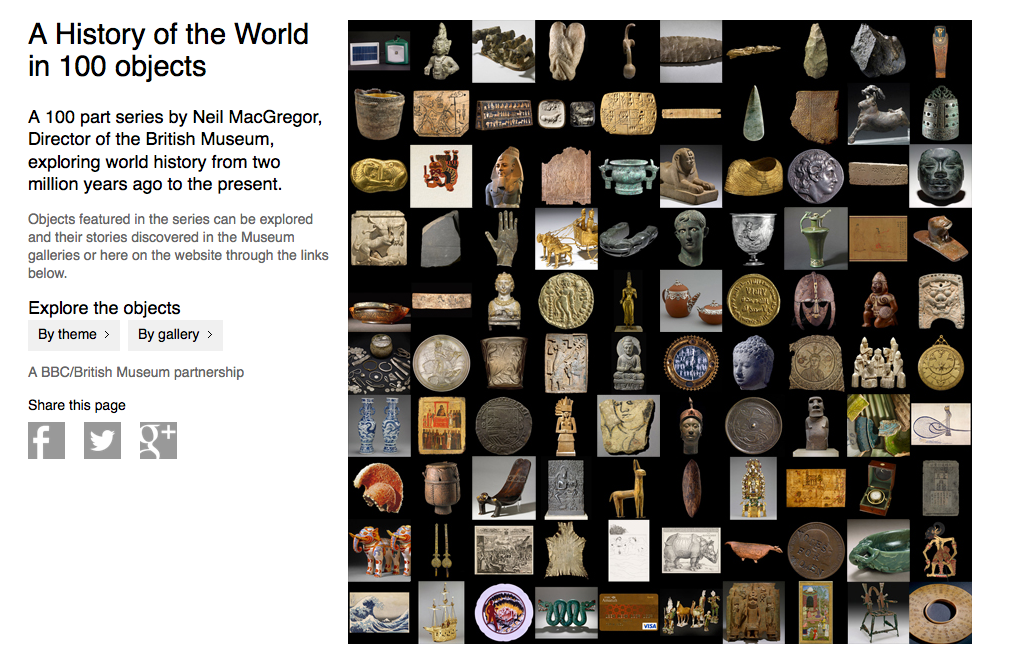This course is on literature, reading, books about reading, and cultures of reading. It is also a course about arts (and creativity) and liberty. Assignments should reflect these preoccupations.
FROM WEEK 3 ONWARDS, AT LEAST ONCE A WEEK:
- Regular short writing on the course blog = 10%
- Form: free (may include images, links, audio, video, etc.)
- Submitted electronically, on this present course blog, via weekly comment
- Open for continuing comment all term
FROM WEEK 4 ONWARDS (groups set up at start of term):
- Presentation = 20%
- Form: presentation (using whatever means, method, and materials best suit you and what you are communicating)
10-20 minutes - To be discussed the week before with Ó Brien in office hours or by appointment: she is here to help
- In class
END OF WEEK 7
- A 4-5 page commentary due at midterm = 10%
- Independent
- Topics / criteria:
—A reading
—of an image or object (not just words),
—that is from around the 5th to the 16th century in Europe or from a “middle” period in another culture,
—and that depicts or otherwise represents a marvel
—Ex.: a manuscript illumination, a work of art, an object, a building, a map - Form: commentary (written, read and recorded, or otherwise performed and filmed)
- Submission by email to Ó Brien; PDF preferred for written papers, audio and video also accepted
- For work like this, extensions are possible iff arranged in advance (= before the deadline). Talk to me. I know midterm season is a heavy time of year. I don’t like seeing fellow humans (or other creatures) suffer. Wellbeing is important. I may be able to help. Talk to me.
- Guidance: Commentary (and reading and writing)
—about commentary
—resources for writing
—about plagiarism (as contrasted with proper citation, WHICH IS ENCOURAGED!!!)
—about style guides (quick version: I don’t mind which system you use provide that you’re consistent in your usage)
—NB: brilliant commentary does not necessarily involve any “research” in the sense that you may have met in other courses, that is: the reading of or reference to secondary sources (i.e. criticism/commentary written by others, books, journal articles). It can be done entirely from first principles: that is, the combination of a primary text / primary sources (including their representations online, for example in the case of manuscripts in libraries elsewhere and objects in museums), your good reading, and pure reason. - Examples of how this is done in applied practice:
—exhibits at the UBC Museum of Anthropology
—and this free online exhibit (with audio):

WEEK 10
- Preparatory work for a final project = 10%
Plan, notes, rough sketch (5%) due: week 10
(there will be extra office hours to discuss projects)
WEEK 12
- Preparatory work for a final project = 10%
Bibliography / references / methodology outline (5%) due
WEEK 13
- The presentation of your final project (see next item: which does not need to be finished by this stage!) = 20%
- Topic: your project… even if it’s not yet fully finished: you may receice valuable feedback at this stage
- Form: poster; submission: in class in a “festive fair of learning” (which will hopefully not become a clerkly carnival in the wrong way). There will be food. Ó Brien will photograph your posters… and students will comment and vote. Student votes contribute to your presentation mark.
END OF TERM (APRIL, EXAM PERIOD)
- A research project (7-10 page paper or equivalent) = 30%
- Independent or in a group (then 7-10 pages per person)
- Topic: MAKE A MARVEL
- Criteria: your project should be marvellous
—AND associated with at least one of the course readings
OR about materials (literary or otherwise) from the medieval or other “middle” period in any culture anywhere
OR as a comparative or translational exercise in medievalism (but still involving a medieval aspect)
—this may be an expansion of your presentation or commentary - Form: free (research-paper, commentary, critical essay, creative writing (poem, short story, dream-vision narrative, allegory, speculative fiction, alternate history, etc.), multimedia experiment, audio, video, filmed performance, a made object)
- Topics to be discussed in advance with Ó Brien in office hours or by appointment
- Submission by email to Ó Brien; PDF preferred for written papers, audio and video also accepted
- Extensions, as previously: talk to me.
There is no final examination.
SEE ALSO: